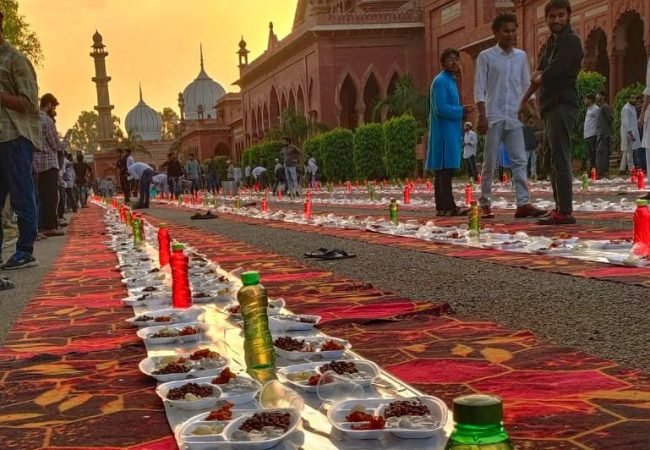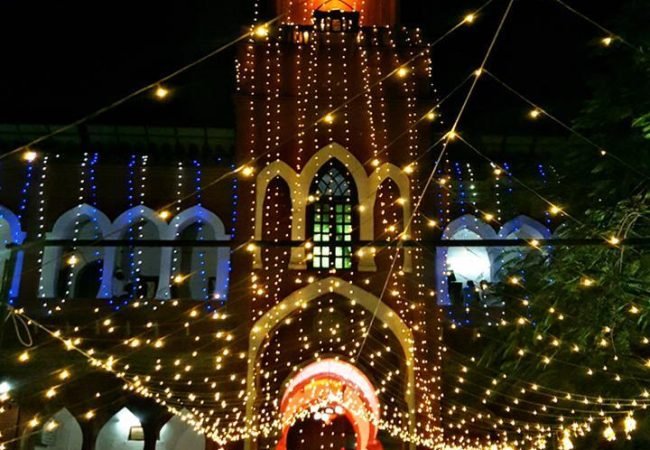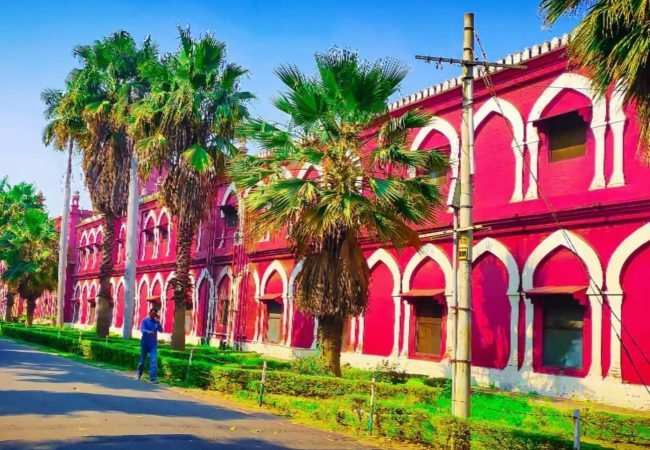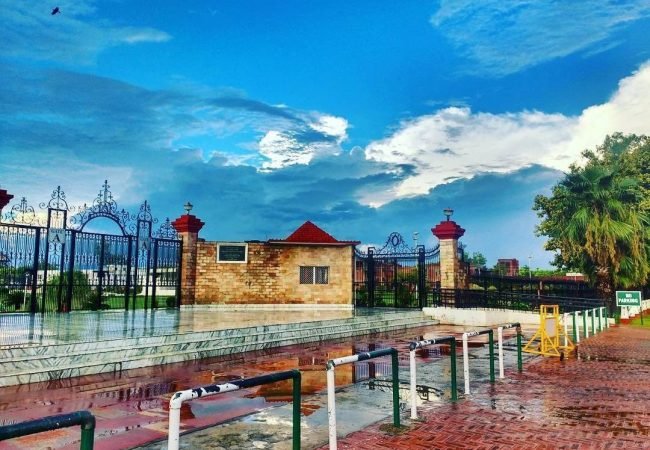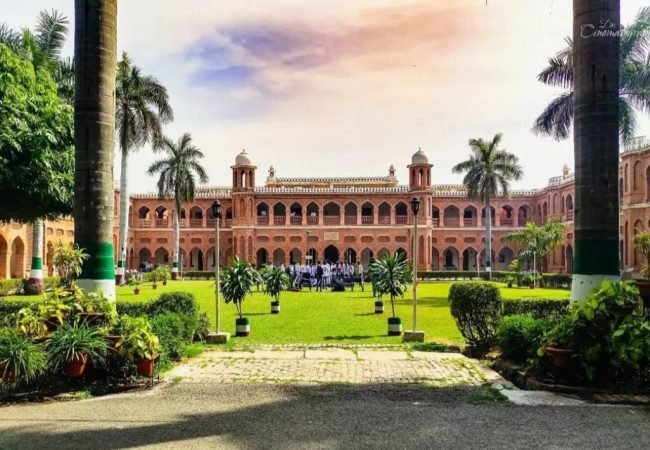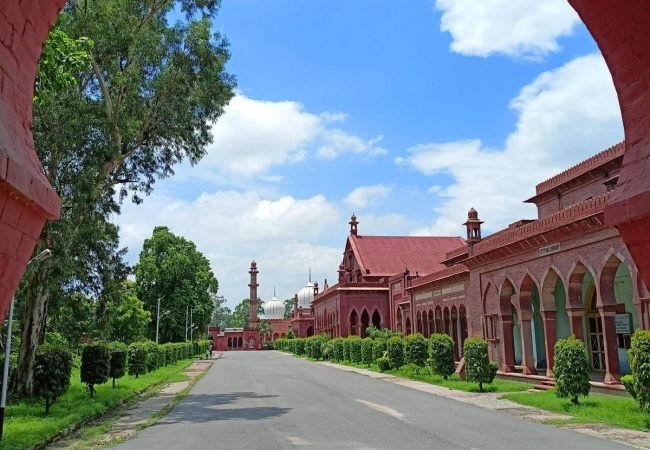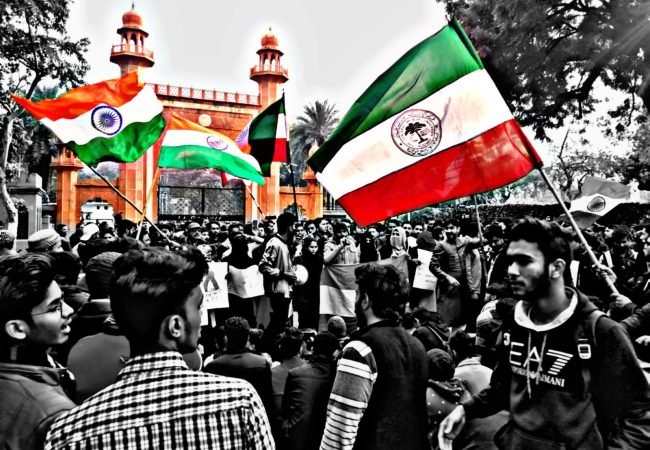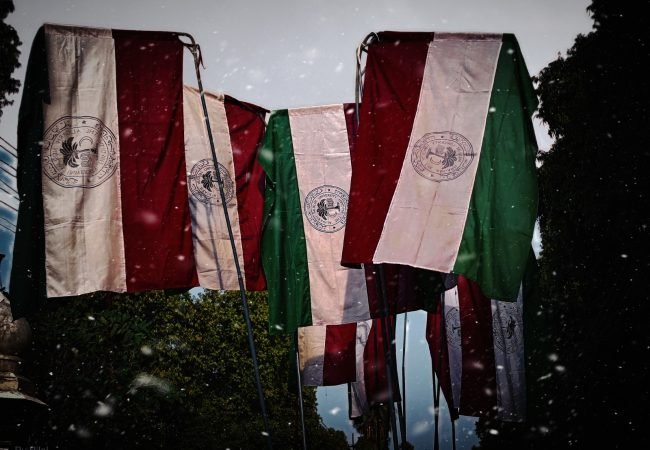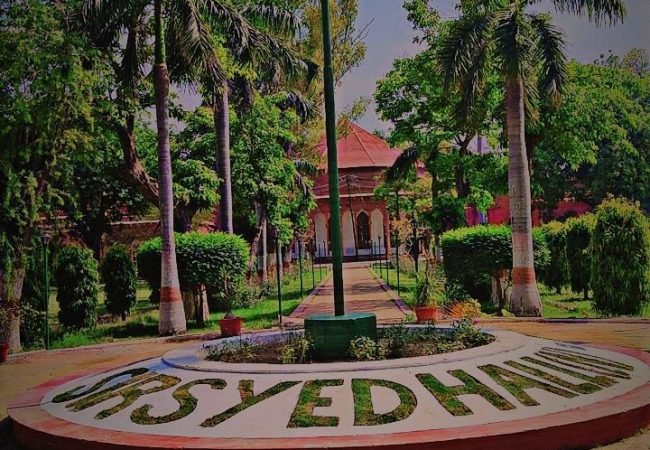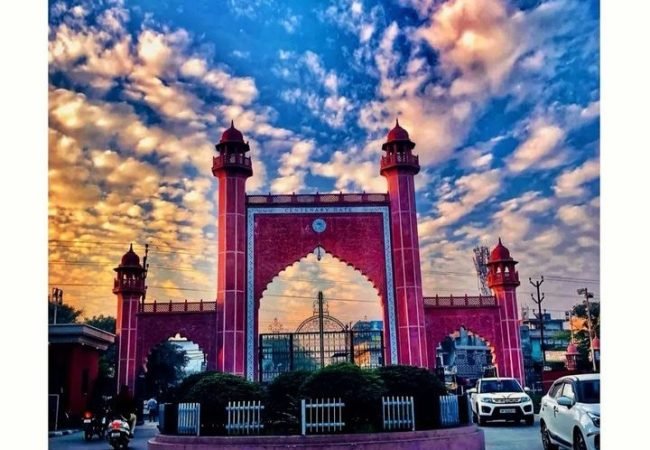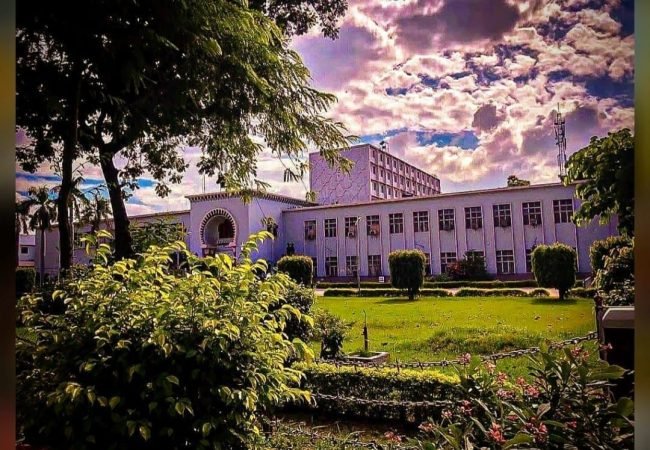The Founder
History of social and educational reforms in Indian sub-continent can not be completed without Sir Saiyad Ahmad Khan. He is one of the great thinker, philosopher and revolutionaries who had dedicated his complete life for his nation and especially for his community. Nineteenth century was a hard time for the nation of India and especially for Muslims in the aftermath of 1857 revolt against British colonialism. Sir Saiyad tried and motivated Indian Muslim. In the history of India’s transition from medievalism to modernism, Sir Saiyad stand out prominently as a dynamic force pitted against conservatism, superstitions, inertia and ignorance. He contributed many of the essential elements to the development of modern India and paved the growth of a healthy scientific attitude of mind which is sine qua non for advancement, both material and intellectual. Sir Saiyad said : After the Revolt of 1857, I was grieved neither on account of the plunder of my house nor on account of the loss of property that I had suffered. What saddened my heart was the misery and destruction of people. When Mr. Shakespeare offered to me the Taluqa of Jehanabad, which originally belonged to a distinguished Saiyad family, and yielded an annual rental of more than a lac rupees, as a reward of my services, my heart was deeply hurt. I said to myself, how can I accept this jagir and become the Taluqdar while all the people are in distress. I refused to accept it.
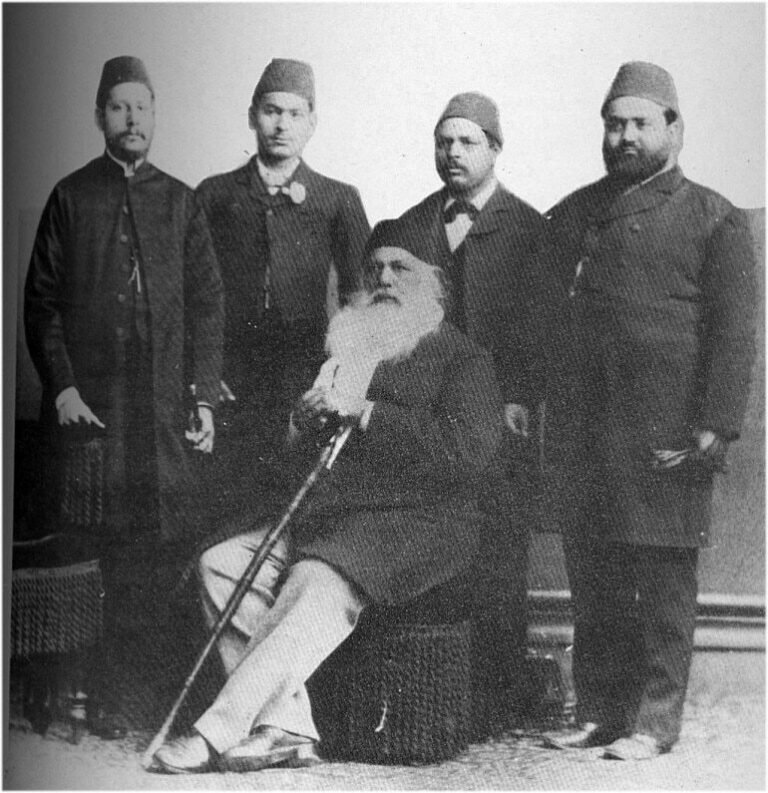

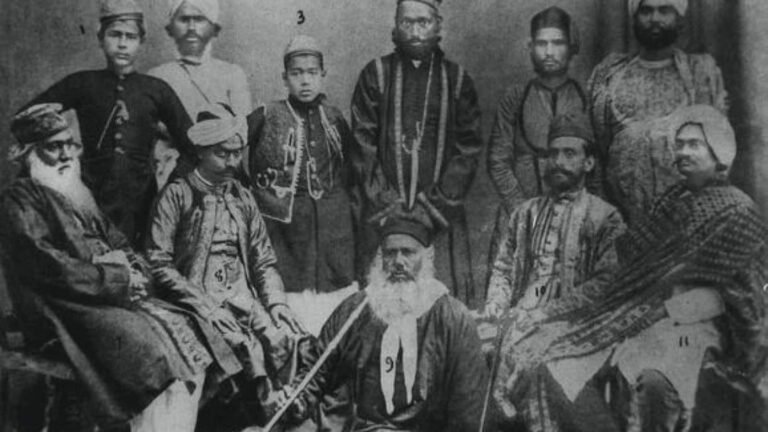
Sir Saiyad was born on 17th October 1817 in Delhi in a respectable family of Saiyad Mohammad Muttaqi & Azizun Nisa Begum . Sir Saiyad and Maulana Qasim Nanotwi (Founder of Darul-Uloom, Deoband) studied together under the able guidance of Maulana Mamlook Ali in Delhi. Sir Saiyad studied mathematics, Geology and Medicine from his uncle, Saiyad Zainul Abedin. He also studied Arabic literature, Tafseer-e-Quran, Hadith, and Fiqah from Maulana Makhsusullah (s/o Maulana Shah Rafiuddin Dahlwi ), Maulana Nawazish Ali and Maulana Faizul Hasan Saharanpuri. In 1836 Sir Saiyad got married to Parsa Begum (Mubarak) and had two sons, Hamid (born in 1849) and Mahmood (born in 1850) and a daughter Amina. His elder brother Saiyad Muhammad started a weekly newspaper in 1837 and out of love of his younger brother Saiyad Ahmad (also known as Saiyad in his youth), named the newspaper Saiyadul-Akhbar . After Saiyad Muhammad’s death in 1845, Sir Saiyad Ahmad started managing Saiyadul-Akhbar.
Sir Saiyad was a great champion of Hindu-Muslim Unity. Addressing a big gathering at Gurudaspur on Jan. 27, 1884 He said: “ Hindus and Muslims ! Do you belong to a country other than India ? Don’t you live on this soil and are you not buried under it or cremated on its Ghats ? If you live and die on this land, then bear in mind, that Hindus and Muslims is but a religious word; all the Hindus, Muslims and Christians who live in this country are one nation.

The revival of the Aligarh Movement
The role of Aligarh Muslim University (AMU) alumni in the revival of the Aligarh Movement is crucial in the present scenario. The Aligarh Movement, initiated by Sir Syed Ahmed Khan, was aimed at the educational, social, and political upliftment of the Muslim community in India during the 19th century. AMU alumni can contribute to the revival of the Aligarh Movement’s ideals:
revival of the
Aligarh Movement's
01
Educational Outreach:
Alumni can play a significant role in educational outreach programs, promoting the importance of education, especially among marginalized communities. This aligns with Sir Syed Ahmed Khan’s emphasis on education as a means of empowerment.
02
Advocacy for Equal Opportunities:
Following Sir Syed’s vision, AMU alumni can advocate for equal opportunities for every citizen, regardless of their religion or caste. This involves actively opposing discrimination and working towards creating a level playing field for all.
03
Institutional Rejuvenation
AMU alumni can contribute to the rejuvenation of the institution by actively participating in its development. This includes addressing issues of corruption and nepotism, promoting transparency, and ensuring that the institution adheres to the principles set forth by Sir Syed.
04
Philosophical Insight and Critical Thinking
Alumni can encourage a culture of critical thinking and philosophical insight within the institution and the broader community. This involves fostering an environment where diverse perspectives are respected and where individuals engage in thoughtful discourse.
05
Promotion of Secularism and Tolerance:
AMU alumni can actively promote the principles of secularism, tolerance, and communal amity in their communities and beyond. They can work towards fostering an environment where people of different religions and backgrounds coexist peacefully.

